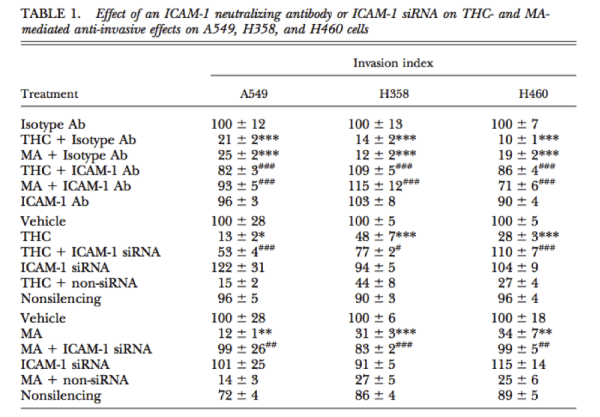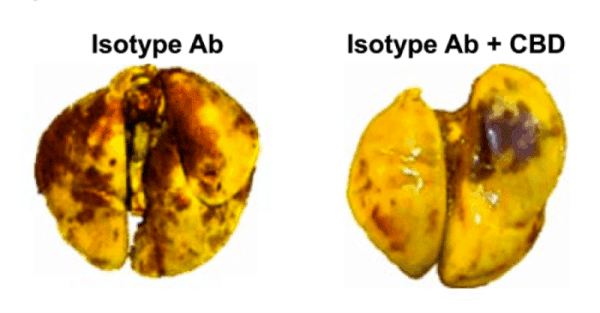The trajectory of every medical cannabis patient is unique. Some patients think of themselves as life-long recreational users until they realize that they’ve been subconsciously using the plant to help treat genuine health conditions. This may be the case for individuals that deal with chronic pain or psychological stress. Others, however, are surprised to find themselves using cannabis at all. For these individuals, finding solace and peace in a substance that is widely perceived as recreational might very well be the last resort. This patient may have gone through years of frustrating dead-end pharmaceutical treatments or thrust into an adverse situation through cancer treatment. Regardless, many of these patients are non-smokers and the consumption of cannabis poses a significant problem. The vaporizers we have reviewed offer an elegant solution to non-smokers, but the basic issue remains: patients are inhaling warm plant matter into lungs that were not designed for the process. This, of course, raises questions about lung cancer and is one of the reasons doctors are hesitant to show support for the medical cannabis movement.
Here at Cornerstone, we are advocates for health and for whatever treatment works for the patient, whether that involves cannabis, a more traditional pathway, or a holistic median. From the relative wealth of studies currently available we have no reason to believe that vaporized cannabis plays a role in the development of lung cancer. Despite often having more tar than an equal volume of tobacco (which is almost completely removed in a vapor sample vs. a smoke sample), cannabis has a minute fraction of carcinogens, as well as many anti-oxidants and other molecules with anti-cancer properties. While it would be untrue to say cannabis has never had any harmful effect on health, socially accepted substances such as caffeine routinely do much more damage. Commonly eaten foods also release more cancer-causing free radicals, which should put cannabis treatment clearly into perspective health-wise.
Yet for patients still fretting about the idea of increasing their chances of lung cancer, research into the anti-lung cancer properties of cannabis may help dissolve the issue. As it turns out, cannabinoids have been found to disrupt the spread of lung cancer cells. In 2012, researchers from the Section of Molecular Oncology at the University of Rostock in Germany postulated that cannabinoids achieve this effect through the intercellular adhesion molecule 1 (ICAM-1). For this study the research group employed three lung cancer cell lines, which are cancer cells grown as a standard for cancer research, as well as cancer cells extracted from mice tumors. In order to observe cell migration, researchers imposed a cell membrane “barrier” which is widely used to mimic cell migration ability within the body. Cells were also broken apart (or “lysed”) afterward to allow researchers to measure levels of relevant chemical transmitters, such as ICAM-1.
The following graph illustrates the effect of various substances (listed as “treatment”) on the three respective cancer cell lines’ invasion indexes (in metrics of cell mobility). Readers will note that where THC or MA (methanandamide) is involved, the invasion index decreases dramatically. MA is a common cannabinoid receptor agonist, meaning that it functions similarly to the cannabinoids found in cannabis.
These results indicate that, at least in a cell culture, lung cancer is less able to spread. Yet the experimentation with actual rodent tumors proved much more convincing, and more graphic. Below are two images of lung cancer tumors, one without and one with cannabidiol (CBD) added to the growing environment.
Researchers were able to easily observe the decrease in cancer metastasis (expansion), but were also able to confirm increased levels of tissue inhibitor in the cells exposed to CBD, adding credence to the theory that anti-cancer properties of cannabinoids are linked to ICAM-1. Although the study was performed for CBD due to its lack of psychoactivity, researchers observed in an earlier study that THC, as well as other synthetic cannabinoids, achieved a similar up-regulation of tissue inhibitor, which likely indicates cross-applicability to any molecule capable of activating cannabinoid receptors.
A wise patient will note that this study does not equate to a long term longitudinal study over decades of use. Smoking cannabis will certainly NOT cure lung cancer or prevent you, as a patient, from developing it. However, our intention in presenting this information to you is to explain that from what knowledge medical science has obtained, cannabis has some scientifically-proven benefits in the body’s fight against lung cancer. Combined with the lack of studies showing a correspondence between pure cannabis users and lung cancer, this information should go a long way in allowing cautious patients to feel safe in using whatever legally available medical option they find to improve their lives.
Works Cited
Robert Ramer, Katharina Bublitz, Nadine Freimuth, et. al. (2012) Cannabidiol inhibits lung cancer cell invasion and metastasis via intercellular adhesion molecule-1. The FASEB Journal (2012) 26:1535.



